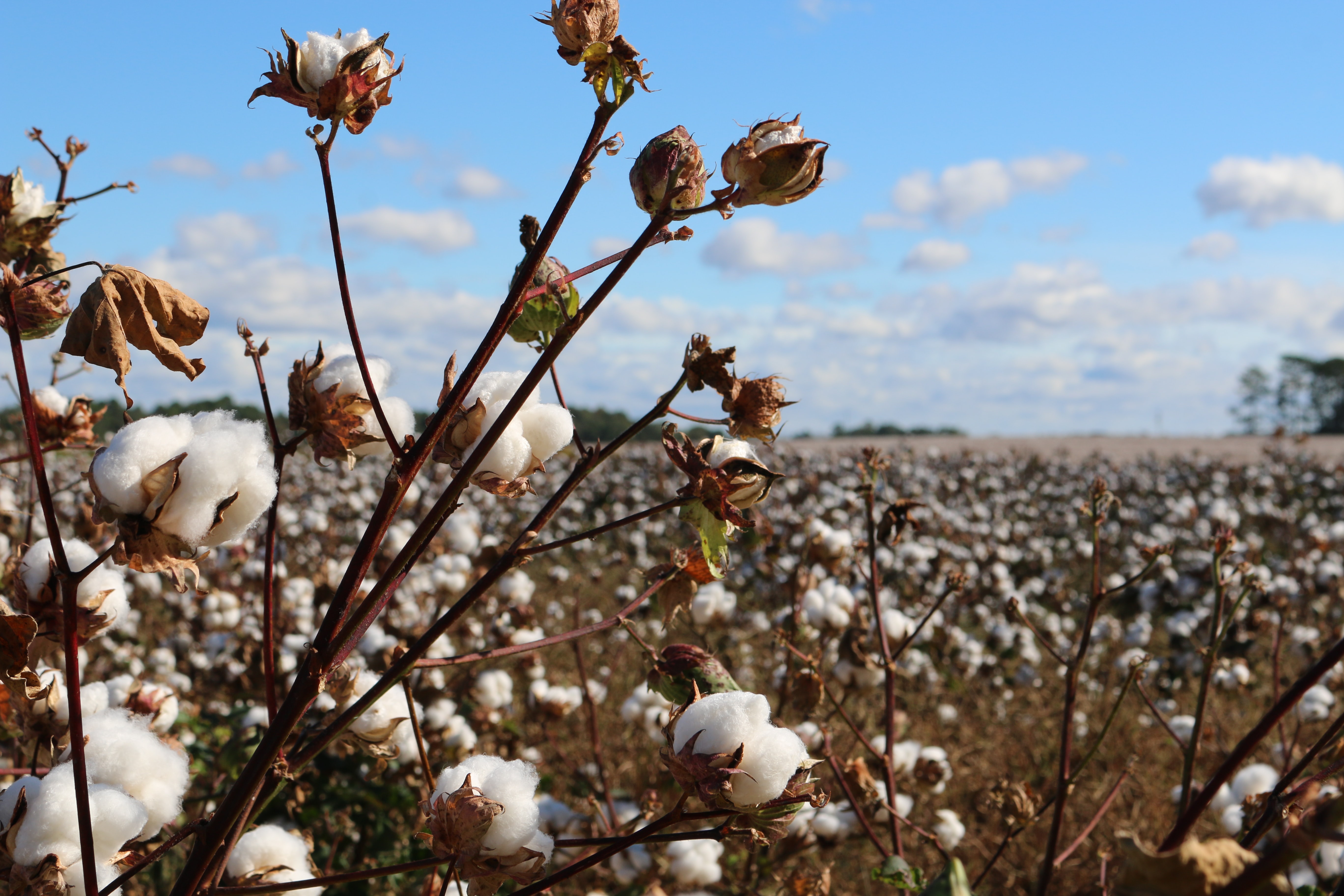Dicamba companies downplayed how destructive the weed killer really is, court rules.
A federal appeals court recently ruled that the federal government will need to retract its approval of dicamba, a weed killer that has been widely used in farming communities, because it also kills off other crops. Although the product has been extensively used, it is far too toxic, and “its toxicity is not limited to weeds,” the 9th U.S. Circuit Court of Appeals said.
In 2016, manufacturers of dicamba were licensed to begin selling the weed killer, and the Environmental Protection Agency (EPA) renewed the license for two years in 2018, while also approving an updated version for genetically modified soybeans and cotton. The EPA also submitted restrictions on when dicamba could be sprayed so that it would not be spread inherently to neighboring fields. This decision was made after Monsanto, BASF, and Corteva Agriscience told the agency that their herbicides “would have low volatility if farmers followed instructions on the product labels and they could prevent drift.”

However, despite the precautions taken by the agency, when the license renewal took effect, it was obvious the product was still doing extensive damage to usable crops. So, environmental and food safety groups, including the Center for Food Safety, submitted lawsuits to block the government’s approval.
The most recent decision effectively vacated the EPA’s registration of Bayer’s XtendiMax with VaporGrip Technology dicamba herbicide, ruling that “The EPA made multiple errors in granting the conditional registrations,” and “the agency violated the Federal Insecticide, Fungicide and Rodenticide Act.”
In the appellate ruling, Judge William Fletcher, nominated by former U.S. president Bill Clinton, wrote that “the EPA overstated the protections and understated or ignored the environmental and economic risks” and “indiscriminate, crop-killing use of the herbicide has torn apart the social fabric of many farming communities.”
The court also found that the EPA “refused to estimate the amount of dicamba damage, failed to acknowledge that restrictions it placed on the use of the dicamba herbicides would not be followed, and did not acknowledge evidence that the new use of dicamba herbicides would tear the social fabric of farming communities.”
The Center for Food Safety’s attorney, George Kimbrell, responded to Fletcher’s decision, stating, “It is a massive victory for farmers, the environment, and the rule of law. And a day of reckoning for Monsanto and the Trump administration.”
The ruling was met with criticism by Monsanto’s parent company, Bayer, which stated, “The EPA’s informed science-based decision reaffirms that this tool is vital for growers and does not pose any unreasonable risks of off-target movement when used according to label directions.” It added it would “pursue a new registration of its dicamba herbicide for the 2021 growing season and the hope is to “obtain the new registration by this fall.”
Bayer spokesperson Susan Luke said, “If the ruling stands, we will work quickly to minimize any impact on our customers this season. Our top priority is making sure our customers have the support they need to have a successful season.”
The company was previously ordered to pay millions to a Missouri peach farmer who said its product drifted from nearby cotton fields and damaged thousands of fruit trees.
Sources:
Controversial herbicide dicamba no longer legal, federal court rules
Court overturns EPA approval of popular herbicide made by Monsanto


Join the conversation!